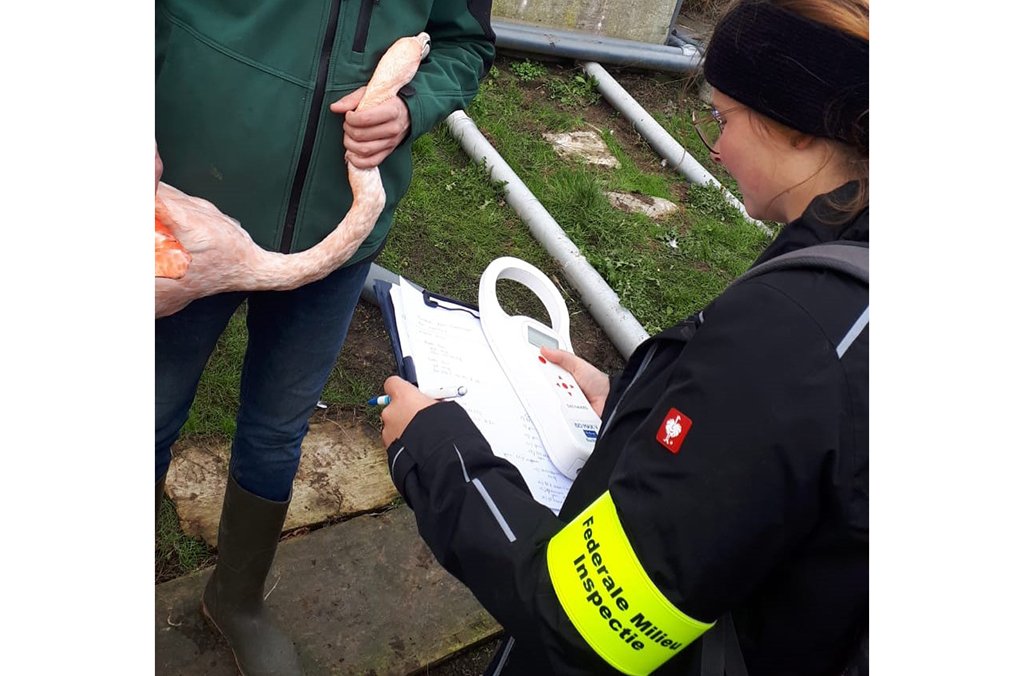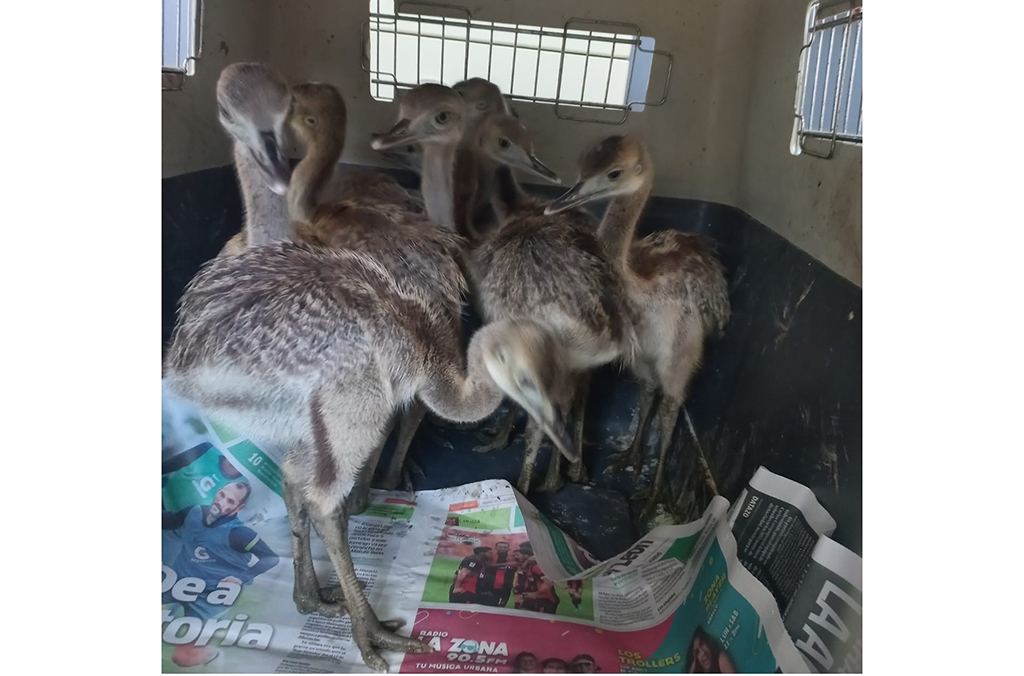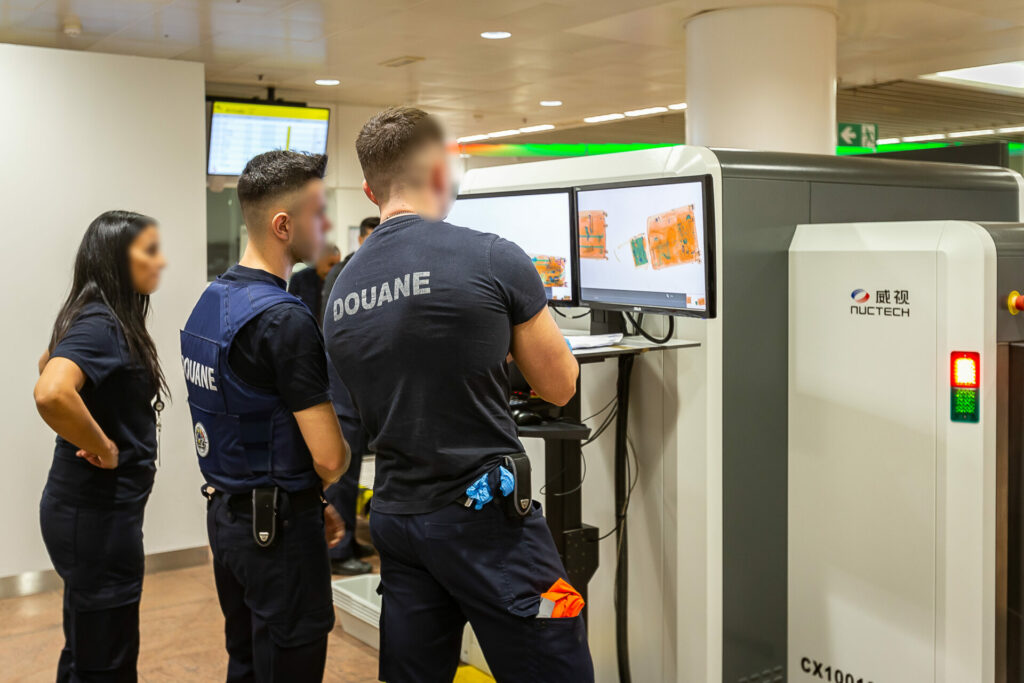A collection of skulls, skeletons and shields of various kinds were seized in Belgium as part of an international check on trade in endangered plants, animals and their by-products.
Throughout October, Belgium took part in Interpol's Operation Thunder to enforce the Convention on International Trade in Endangered Species of Wild Fauna and Flora (CITES) to combat illegal trade targeting plant and animal products (timber, medicines, cosmetics, food supplements, etc.). This resulted in hundreds of arrests taking place and the disruption of wildlife and timber crime networks globally.
In Belgium, border customs tightened their controls on these objects, leading to a seizure, not of guns, drugs and money, as is usually the case, but of a rather unusual collection of goods, and live animals, including one Gabonese grey parrot (worth over €1,000) and one Gila sample.
At Brussels airport in Zaventem, the operation targeted flights from Central and West Africa for two days, and passengers' suitcases were opened to check for goods protected by the CITES convention. Two pieces of ivory, four pieces of coral, 2.62 kg of monitor lizard meat and 3.6 kg of monkey meat were found.

In Belgium, a flamingo ring was checked as part of the operation. Credit: INTERPOL
Postal packages were also checked, during which inspectors found food supplements (appetite suppressants, anti-cholesterol, etc.) made from protected plants in postal packages destined for private individuals as well as a serum based on monkey extract intended for a company.
Meanwhile, another inspection of an antique dealer as part of the major operation led to the seizure of more than 20 specimens: turtle shells and skeletons, corals, shells (giant mussels), stuffed parrots, bear and monkey skulls and an elephant tusk, for a total value of more than €7,000.
Global effort
In the sixth edition of Operation Thunder, with the participation of 125 countries, hundreds of parcels, suitcases, vehicles, boats and cargo transporters were examined, often with the use of sniffer dogs and X-ray scanners.
More than 750 kg of ivory, 25 rhino horns, iguana eggs, shark meat, 2,813 kg marine products, including corals, eels and sea cucumbers, and large quantities of timber were seized, while 100 big cats, 30 monkeys, several hundred birds and thousands of reptiles and turtles.

Young Rhea birds were seized in Peru. Credit: INTERPOL
“Thunder operations are important to global security because timber and wildlife trafficking are not just conservation issues. Officers lose their lives every year, livelihoods are destroyed, diseases are spread, governments weakened and entire economies destroyed," said INTERPOL Secretary General Jürgen Stock.
"This is because the huge financial gains to be made attract serious organised crime and terrorist militants who grease the wheels of crime with heavy doses of corruption."

